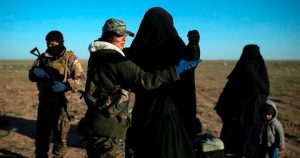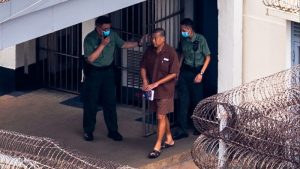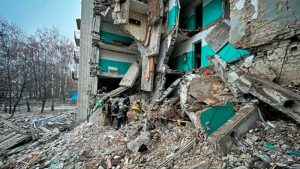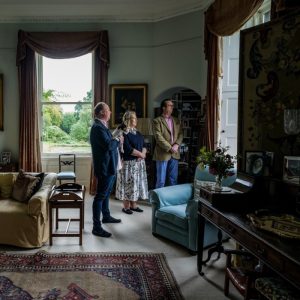Azerbaijan blocks COP29.com in fossil fuel domain name war
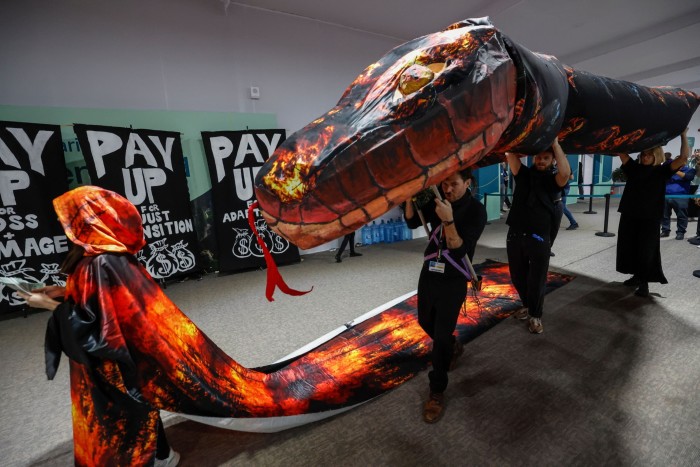
Unlock the Editor’s Digest for free
Roula Khalaf, Editor of the FT, selects her favourite stories in this weekly newsletter.
UN climate conference organisers have tried to block campaigners from using the COP29.com domain name to attack fossil fuel companies, after Azerbaijan lost a battle to acquire the rights to it from a climate-conscious copper kitchenware company in India.
The campaign group Global Witness had acquired rights to the website earlier this year, it said, even though it was outbid by the national organisers of the conference.
The number 29 represents the number of UN climate summits that have taken place since 1995, after the multilateral treaty underpinning the process was adopted in 1992. It is also the atomic number of copper.
The marketing manager of the kitchenware company Cop29, speaking from his home near New Delhi, said that he had sold the rights to the website to Global Witness because of his concerns about climate change.
The toxic pollution, which is in large part caused by farmers burning crop stubble, was so bad in New Delhi this week that its chief minister declared a medical emergency and shut schools and universities in the city.
“It is affecting my organs, my health, my thinking,” he said, asking not to be named.
The website was blocked “in accordance with COP29 policy rules”. It displays calls for the fossil fuel industry to make reparations to the victims of climate-related disasters, but it is not accessible in Baku.
A person close to the COP29 organisers said they had been aware of the kitchenware company’s ownership of the COP29.com domain name, but did not comment about any payment offer, nor about the site being blocked.
Activists have staged protests within the COP29 conference at the Baku Olympic stadium, which is regarded as UN territory during the conference, but have been restricted outside the venue because of Azerbaijan’s rules on dissent.

Following the departure of the world leaders on the first two days of the summit, when security is strict, demonstrations have been common in the official “blue zone” area occupied by delegates and parties.
On the “day of climate action” on the weekend — the midway point of the two-week summit — activists formed a human chain outside one of the main plenary halls, waving flags and humming in silent protest.
COP29 organisers said protesters could “make their voices heard in line with the UNFCCC code of conduct and Azerbaijan law safely and without interference”. The code of conduct does not allow the naming of specific countries, people or businesses.
Most of the peaceful protests inside the venue have been held without incident, but at the end of the first week there was a forcible removal of protesters in the public area known as the green zone.
The group was reportedly “acting outside the established guidelines and violating the code of conduct for engagement” but were “immediately released without incident”, according to official local media.
Climate Capital

Where climate change meets business, markets and politics. Explore the FT’s coverage here.
Are you curious about the FT’s environmental sustainability commitments? Find out more about our science-based targets here
#Azerbaijan #blocks #COP29.com #fossil #fuel #domain #war
